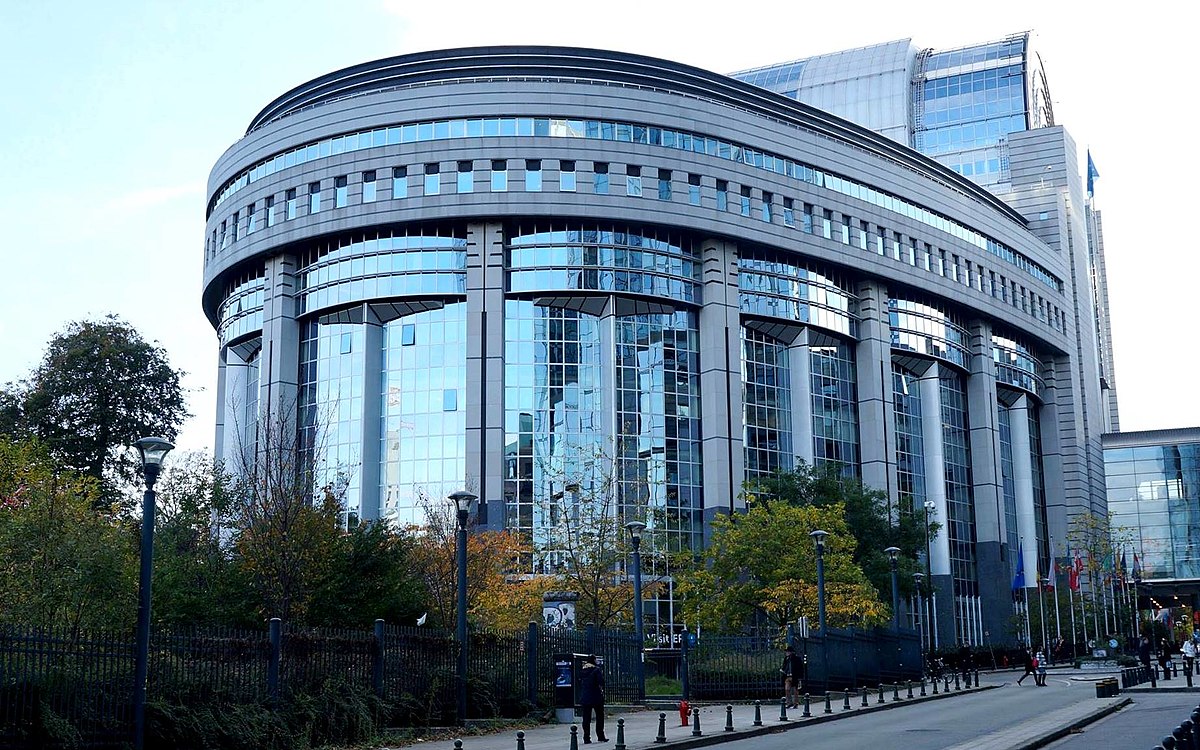The EU has become the first ever policymaking body to officially acknowledge the urgency of defining and tackling climate disinformation.
Lawmakers at the EU Parliament overwhelmingly backed a report last week calling on the EU to “prepare better to fight off foreign interference and disinformation” including from “malicious and authoritarian countries such as Russia and China”.
The report further urged MEPs to “urgently address climate mis- and disinformation” and to implement a “global code of conduct”. Misinformation refers to the accidental sharing of false information, whereas disinformation implies malicious intent.
The EU decision comes just weeks after the latest scientific report by the Intergovernmental Panel on Climate Change (IPCC) on adaptation, which explicitly referenced climate misinformation for the first time. The authors found that “vested economic and political interests” had resulted in rhetoric and misinformation that undermined climate science and delayed action.
According to Jennie King, head of civic action and education at the Institute for Strategic Dialogue (ISD) – a think tank that monitors different forms of mis and disinformation – a universal definition must first be recognised by “key scientific and multilateral bodies” for it to be picked up more widely.
The EU decision “will create a precedent for both private and third sector bodies,” King said, “and remove the pressure for tech companies to act as sole ‘arbiters of truth’, which is an increasingly contentious issue”.
Pillars of Disinformation
The ISD has been working with the Conscious Advertising Network (CAN) coalition to combat the lack of climate misinformation policies on many big tech platforms by creating more detailed definitions of what the term entails.
In an open letter published at the 2021 COP26 climate summit, addressed to the COP26 Presidency, UNFCCC and a number of tech giants, CAN and other non-profits listed three major “pillars” of climate dis/misinformation, which either underplay climate impacts, misrepresent science or promote false solutions.
The first is defined as “deceptive or misleading content that undermines the existence or impacts of climate change”. This covers understating anthropogenic climate change and the need for action in line with the IPCC scientific consensus.
The second pillar is defined as any information that “misrepresent[s] scientific data, including by omission or cherry-picking, in order to erode trust in climate science, climate-focused institutions, experts, and solutions” .
The third pillar covers information that falsely publicises efforts as supportive of climate goals when they in fact contribute to climate warming or contravene the scientific consensus on mitigation or adaptation.
Jake Dubbins, managing director at Conscious Advertising Network, described the third pillar as “a form of greenwashing”, committed by energy companies promoting false energy solutions.
“It is unequivocal that climate misinformation delays meaningful climate action,” Dubbins said.
“There is incredibly broad support for defining and confronting it. This decision from the European Parliament is so important as it shows that legislators are also now demanding that we deal with climate misinformation to ensure a liveable and sustainable future for all.”
A Fight Ahead
Jennie King, of the ISD, said there was a fight ahead to have the definitions recognised at the next international climate summit, COP27, due to be held at Sharm El-Sheikh in Egypt in November.
While the EU’s recognition of climate disinformation was promising, King said there would likely be “pushback against any effort to formalise definitions, anchored in the claim that ‘green fanatics’ are trying to stifle opposing views”.
“Those with a vested interest in maintaining the status quo often build their brands by weaponising and monetising ‘cancel culture’ rhetoric online,” King said.
“As such, tech platforms will need support from climate actors and institutions to rationalise their approach, and counter the inevitable claims of censorship or discrimination any policy change will inspire.”
Subscribe to our newsletter
Stay up to date with DeSmog news and alerts







